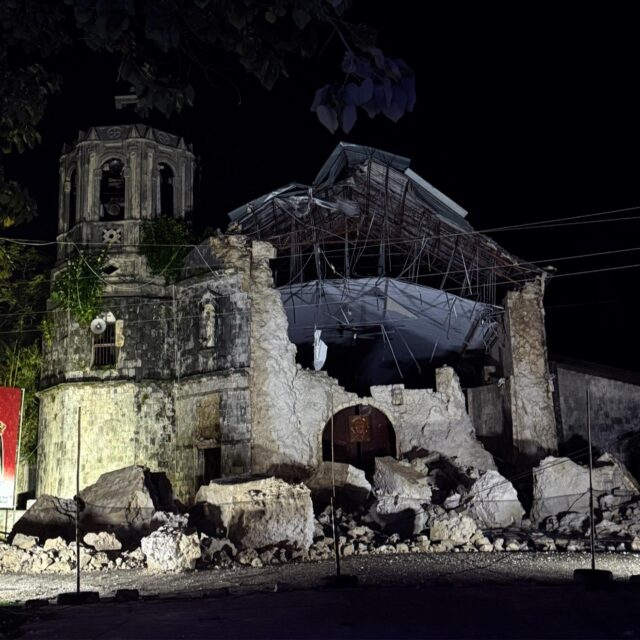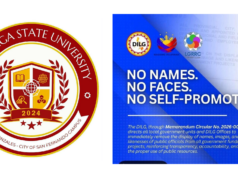THE NIGHT of Sept. 30 began in calm silence. It was my birthday, and I was in Pampanga, fast asleep and grateful for another year of life. The air was still, the streets quiet, and I had no idea that hundreds of kilometers away, the earth beneath Northern Cebu was quietly gathering its fury. Streetlights shimmered faintly over the resting towns. Families, like me, were deep in slumber, unaware that in just a few moments, the ground would awaken with a roar.
Without warning, the stillness broke. The earth raged. Walls collapsed like paper. Cries pierced the night. A 6.9-magnitude earthquake ripped through the province, turning homes into rubble and safety into fear. Even after the tremors stopped, the aftershocks came in relentless waves, shaking not only the soil but the spirits of those who endured.
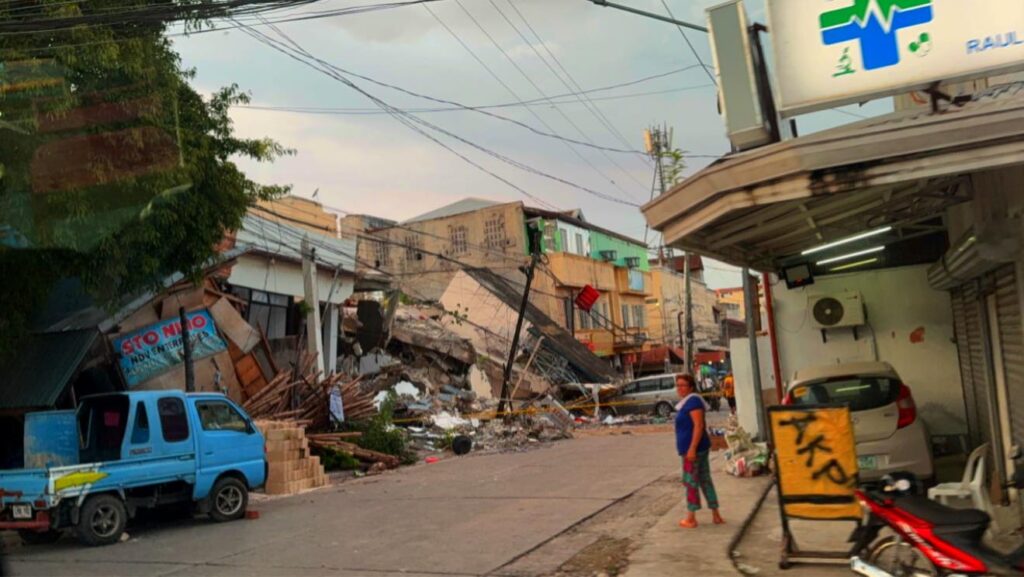
Upon deployment, when I later walked through the cracked streets of Bogo and Medellin, I could almost feel the echoes of that night beneath my feet. Every vibration carried the weight of loss, the memory of terror. It was not just the land that fractured; it was the people’s peace, their sense of certainty.
When the going gets tough, Pampanga never hesitates to act. The province that once rose from the ashes of Mount Pinatubo has learned to move with both urgency and compassion. This time was no different. Within days, Team Pampanga, led by Vice Gov. Delta Pineda, was on the ground in Northern Cebu, bringing relief and reassurance to those who needed it most.
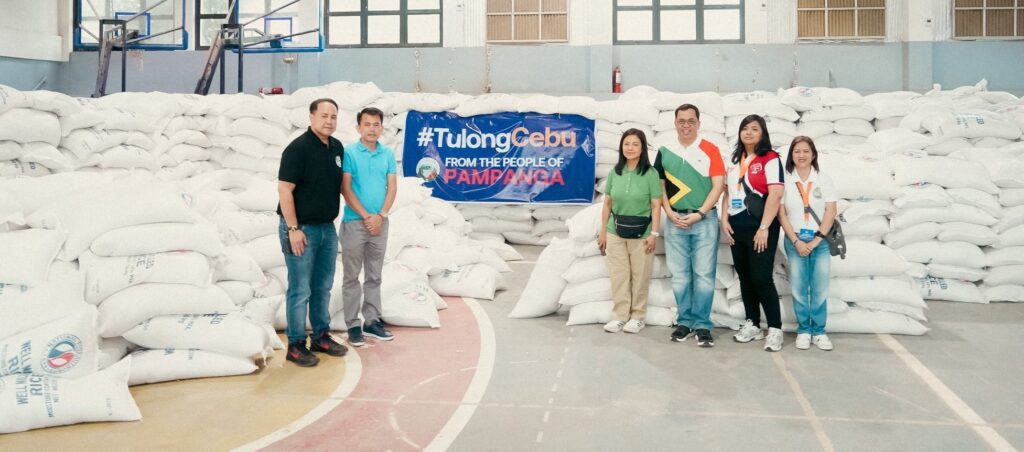
As part of the team, it was my task to document these moments — to capture how Kapampangans, whose spirits were once broken by disaster, now stood as symbols of hope.
Yet amid the ruins, something stronger than destruction emerged. Compassion rose from the dust, as if the earth itself was reminding us that even in its fury, humanity can still choose to heal.
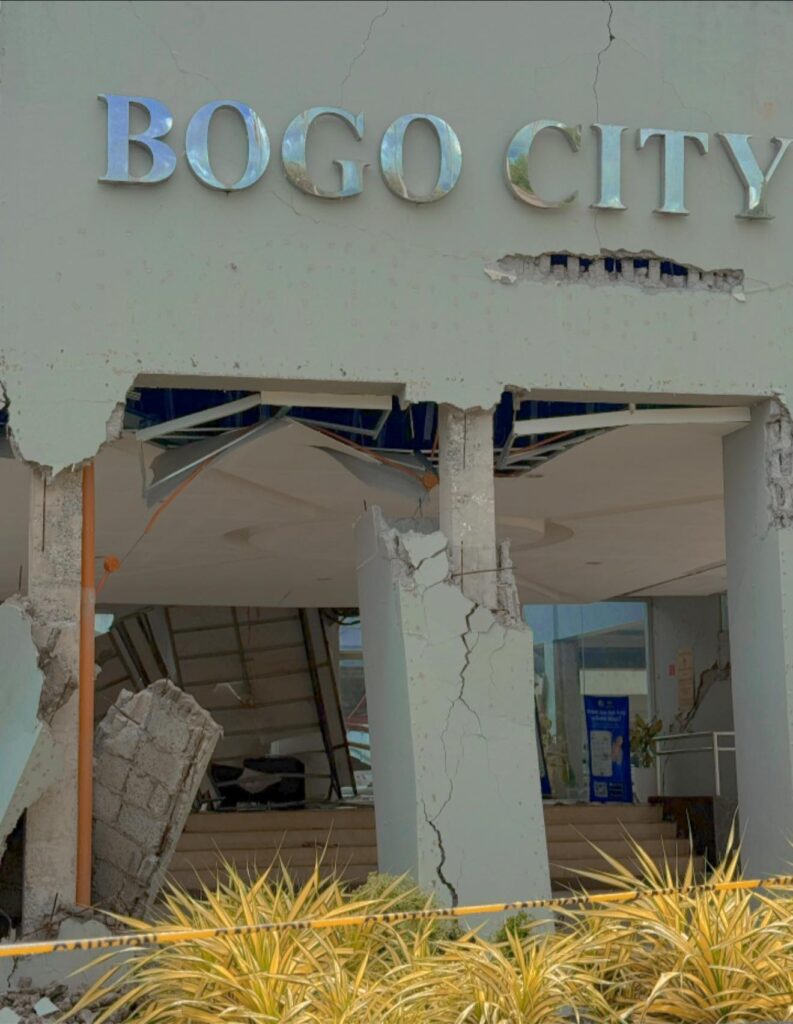
Holding On to Hope in Bogo City
In Barangay Pandan, Bogo City, makeshift tents of blue and orange lined the open field. They shimmered weakly under the sun, fragile shelters against the unpredictable nights. Inside one of them lived Maricel Balawing, her eyes weary but bright with determination.
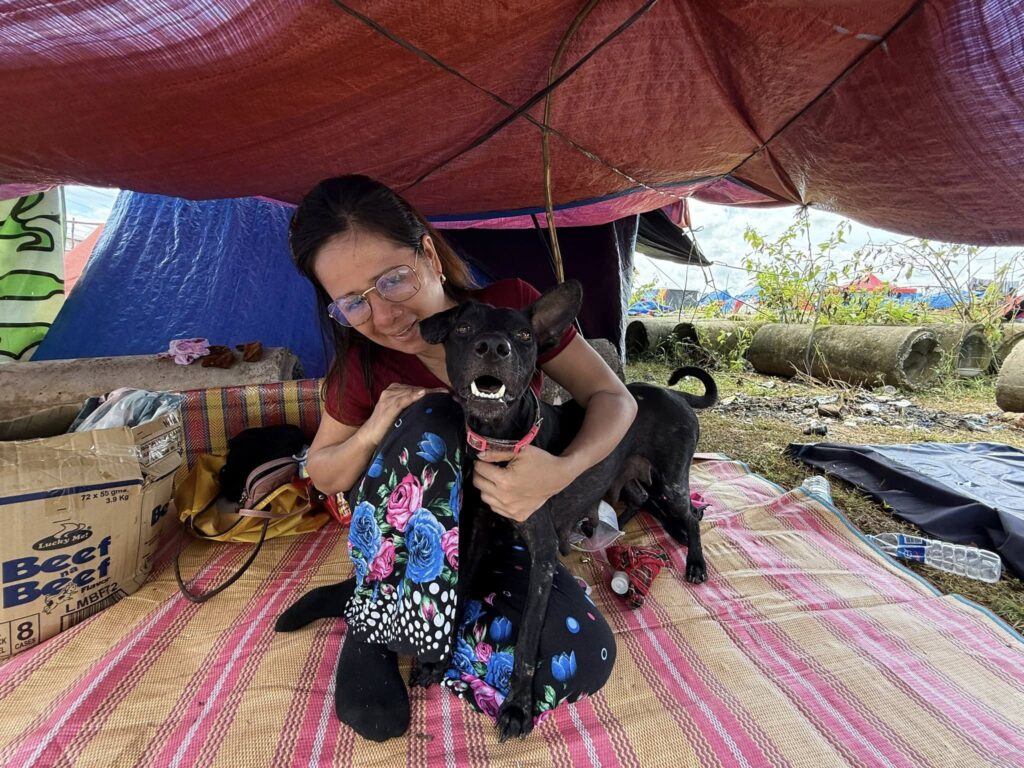
For more than ten days, she and her neighbors have been living on bare ground. Every night, they pray the tremors will stop. Every morning, they begin again.
“We had to rush and pick up what we had in order to survive,” Maricel told me, her hands trembling slightly as she recalled the night the earth turned violent. Beside her, her loyal dog Molly lay quietly, as if understanding every word.
They sleep under tarpaulins, they eat what little they can, yet they wake each day grateful to still be alive. Hope has become their most valuable possession.
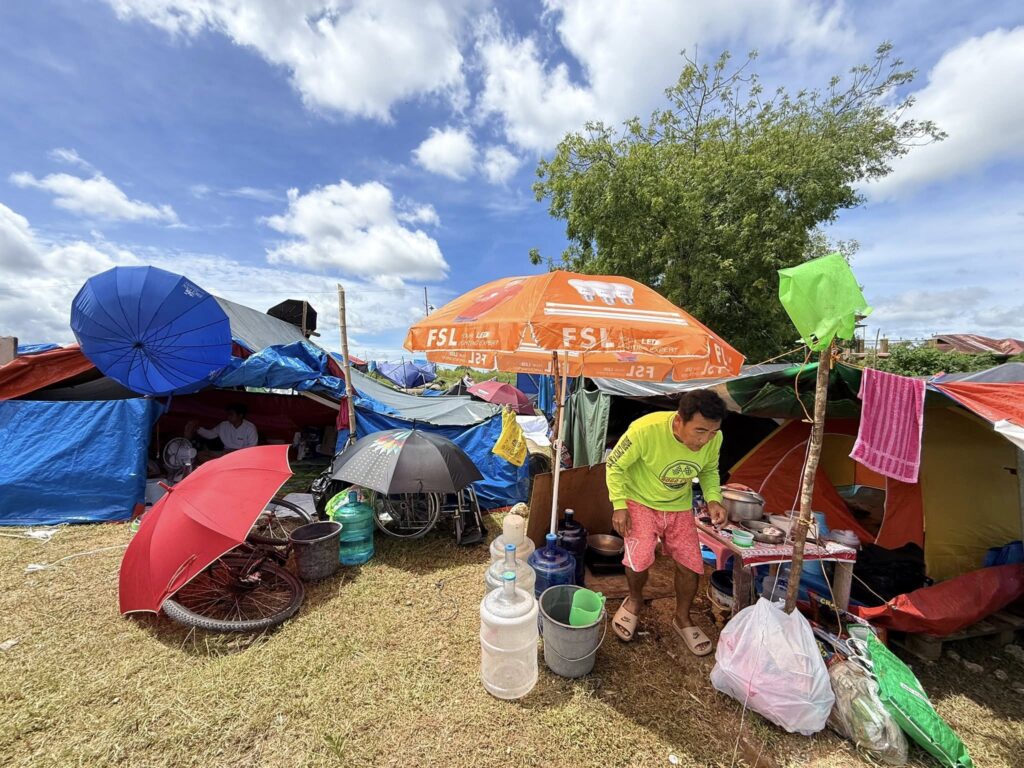
When Kapampangan Hearts Came Knocking From the plains of Pampanga came the sound of engines and the sight of trucks filled with rice, food packs, and warm smiles.
Three decades ago, Kapampangans knew this kind of pain. They watched as Mount Pinatubo buried their towns in ash. They felt what it was like to lose everything. Their homes, their farms, their future—all swallowed by gray skies and silence.
But time turned their suffering into strength. From the ashes, compassion grew.
From loss, they learned how to lift others up. Now it was their turn to give back.
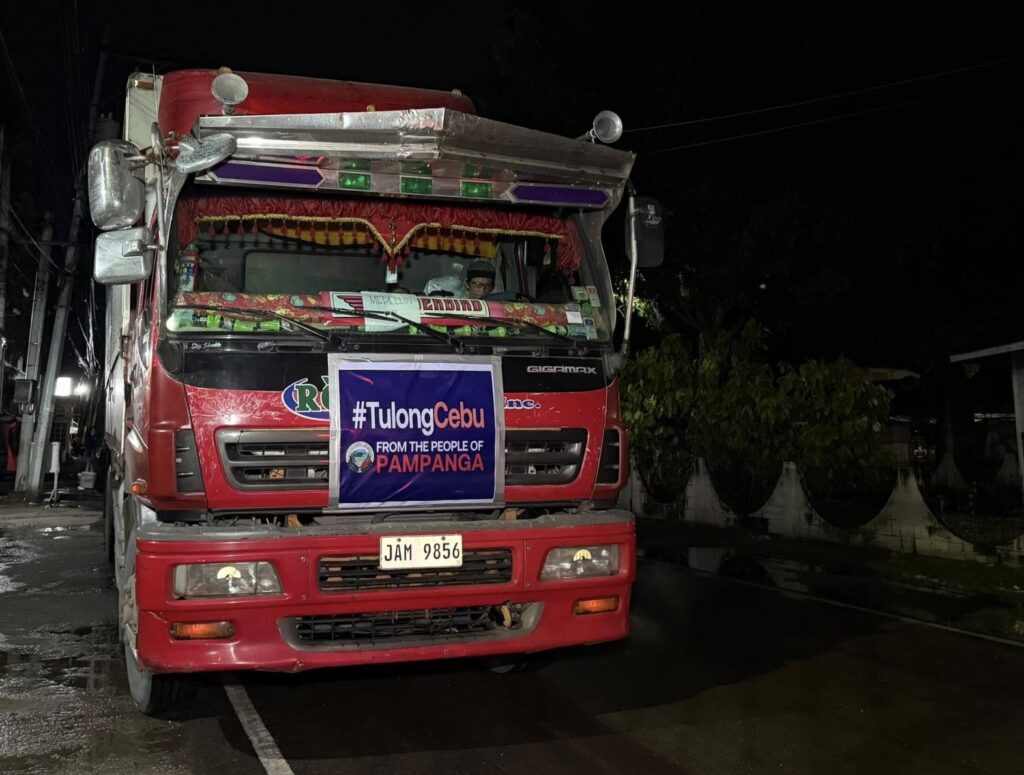
Led by Vice Governor Dennis “Delta” Pineda, the Provincial Government of Pampanga journeyed across the sea to reach Northern Cebu. They brought 120,000 relief packs. But more than supplies, they brought presence. They came with open arms, ready to listen, ready to stand beside those who were afraid to rise again.
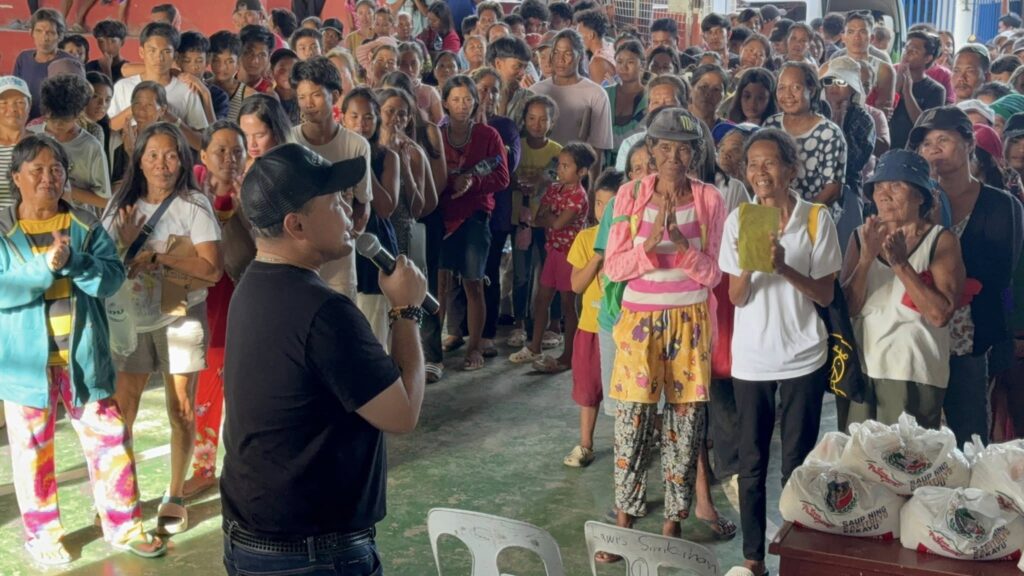
“We came here not only to help but to remind our brothers and sisters in Cebu that they are not alone,” Vice Gov. Delta said softly but firmly, his voice steady amid the noise of recovery.
And he meant every word.
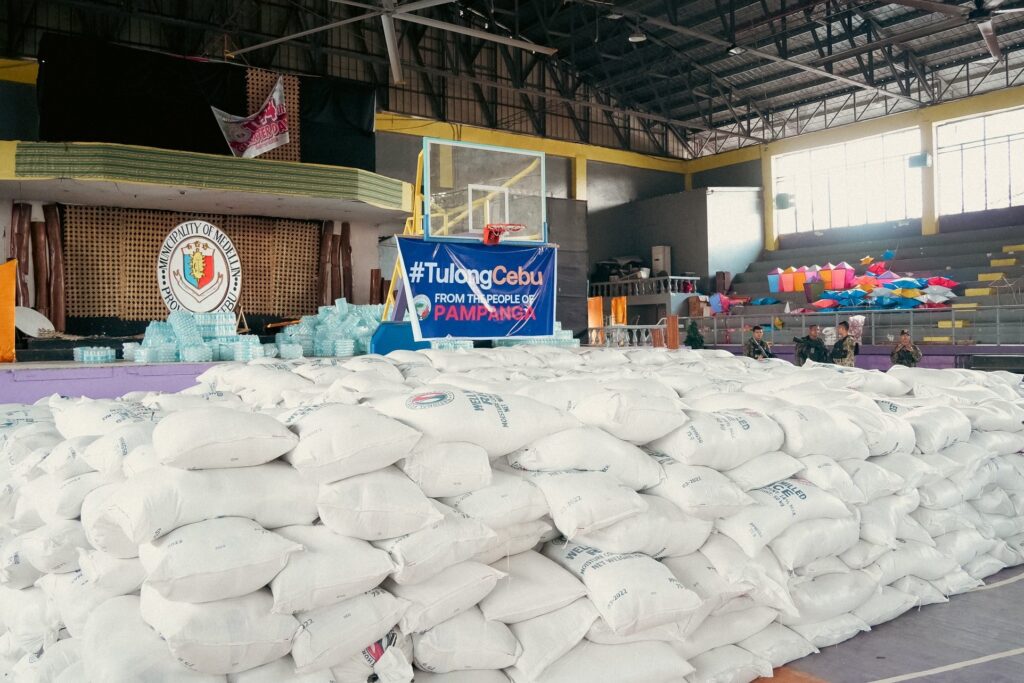
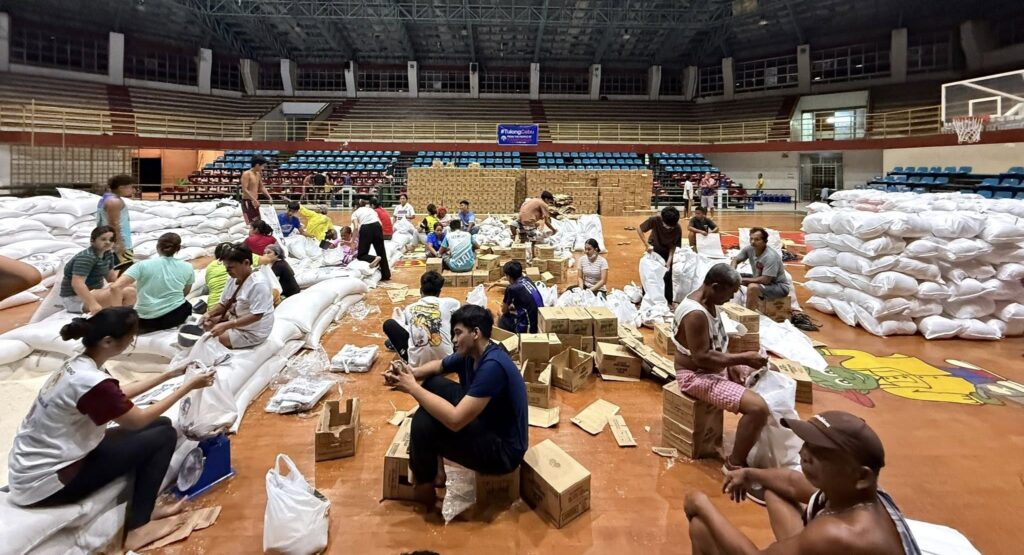
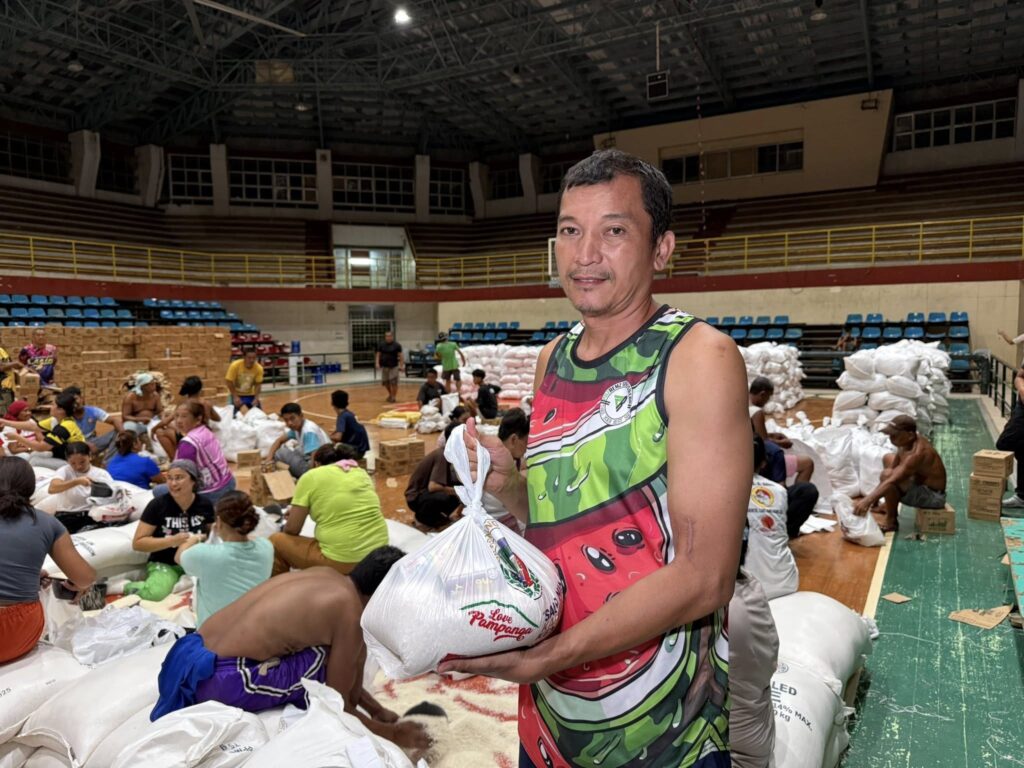
From the repacking stations to the distribution lines, Kapampangan volunteers worked side by side with Cebuano residents. Sweat, tears, and laughter mixed under the designated sites. Bayanihan was no longer a word. It was a living, breathing force.
The same people whose spirits were once shattered by a volcano now stood tall as lifelines for others shaken by the earth. Their hearts, once broken by tragedy, had turned to gold.
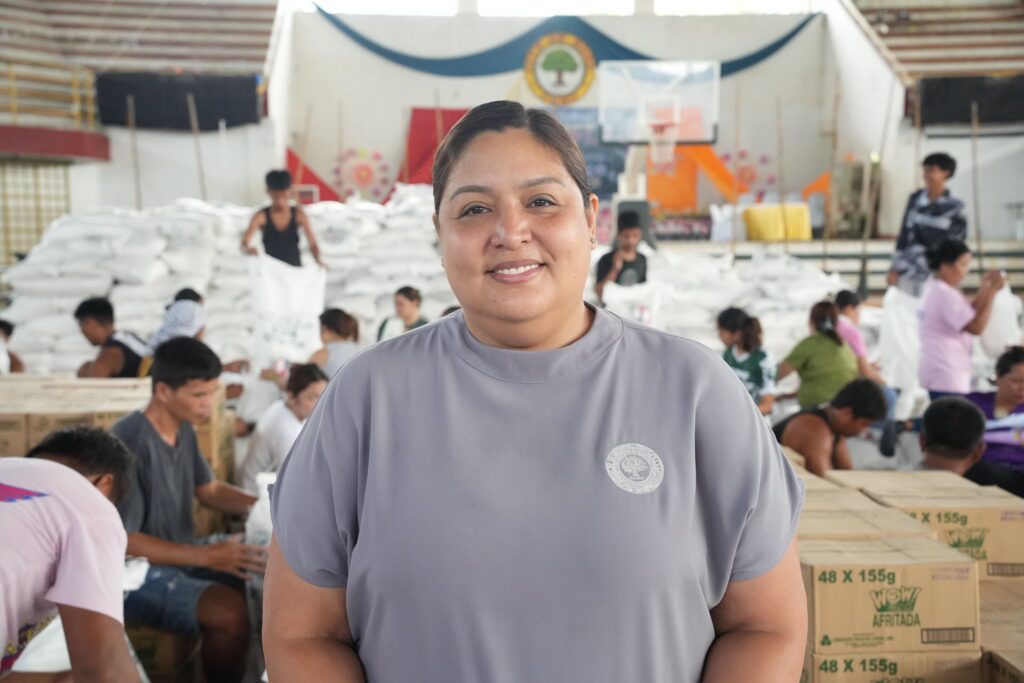
A Pillar of Strength in Bogo
In the shattered city stood Mayor Maria Cielo Martinez, a woman whose courage radiated even in exhaustion. When the earthquake struck, she did not hide behind walls. She went out into the chaos, leading rescue teams herself, her hands reaching out to those trapped beneath fallen beams.
“It is a lot of work,” she told me, her voice calm but her eyes heavy with sleeplessness. “But with all the support we are getting, parang hindi na rin ganun kahirap.”
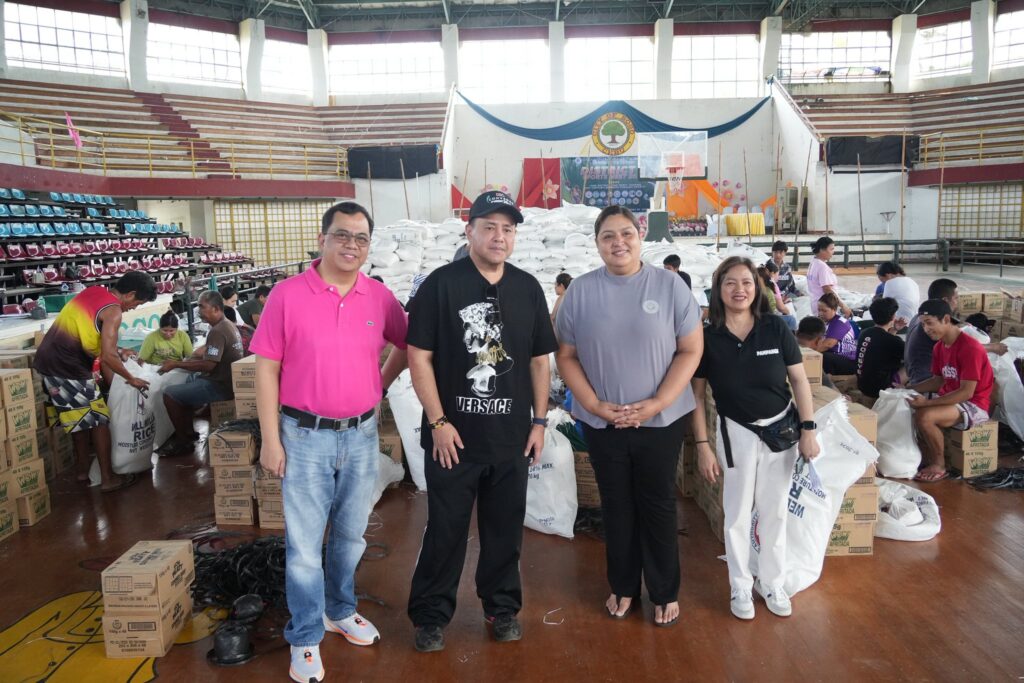
She spoke of Pampanga with deep gratitude. “They came all the way from Luzon to help us. Beyond ang efforts ng mga Kapampangan,” she said, her voice breaking into a faint smile.
I realized then that true leadership is not about authority. It is about compassion in motion, courage in the middle of despair.
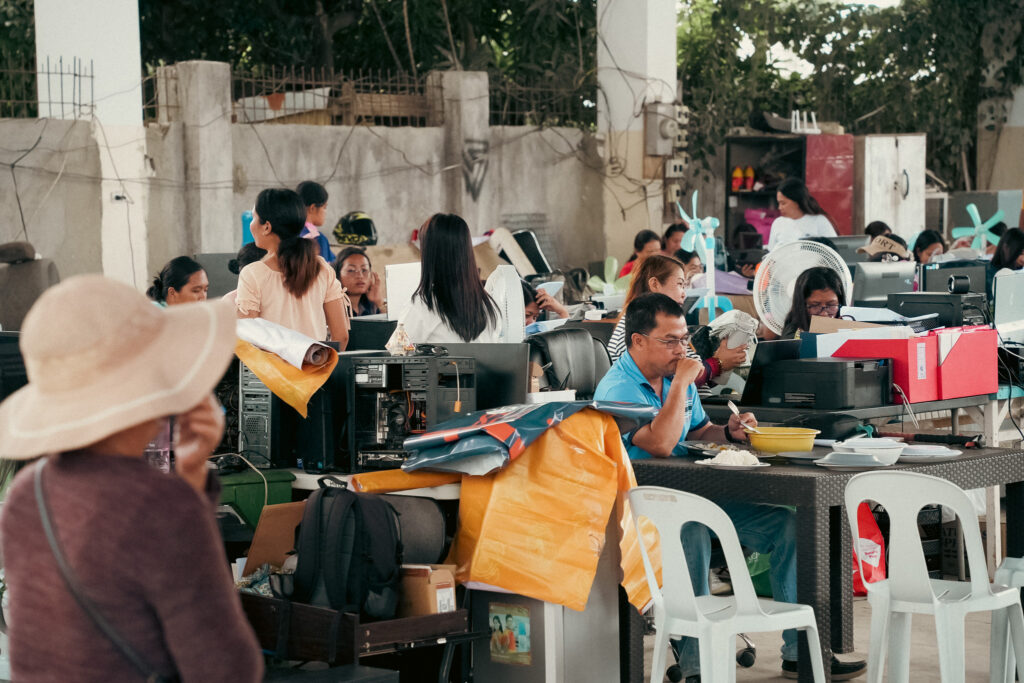
Serving Through the Aftershocks
Visiting Daanbantayan, I met two public servants whose strength left a lasting mark. Fiel Condino and Giselle Ponce, the municipal information officers, carried not only cameras but also the heavy duty of documenting pain and perseverance.
“We only got to secure our cameras today because the second floor of the municipal hall collapsed,” Fiel shared, his tone quiet but resolute. With their main office gone, hundreds of local government workers continued their duties inside a multipurpose hall turned operations center. There was no air-conditioning, no comfort, only commitment. Their exhaustion was visible, but so was their faith.
When Team Pampanga arrived, the hall brightened with new energy. The Kapampangans’ arrival reminded them that they were not fighting alone. Their courage was met with compassion, their fear with fellowship.
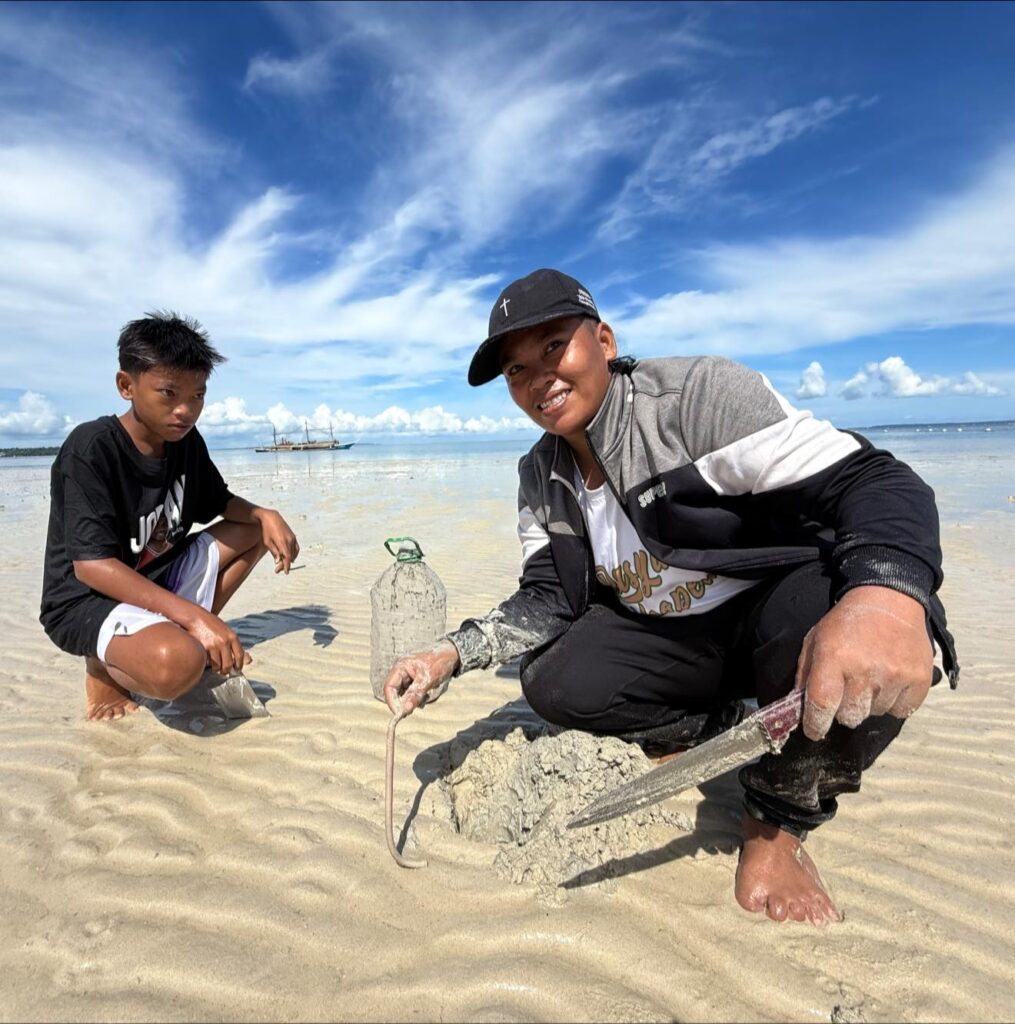
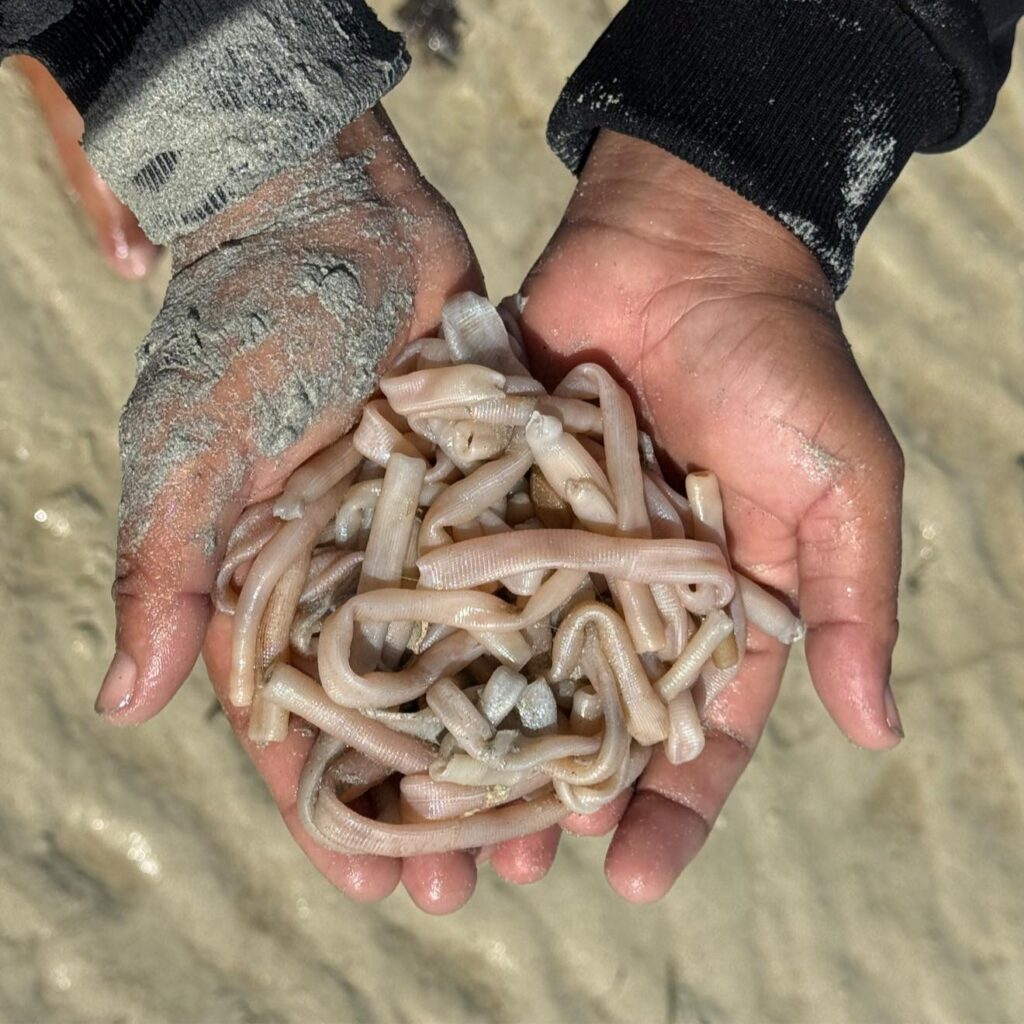
When the Tides Shift: Tales from the shores of Medellin
On the shores of Kawit, Medellin, I saw another kind of resilience. The sea glittered under the morning sun, calm and endless. Along the coast, women worked silently, digging through the sand with their bare hands. One of them was Nanay JM Delos Reyes. With her son beside her, she searched for ‘sasing’, the sand worms that the locals use for kinilaw and adobo.
“After two years, it’s just now that we get to look for sasing again,” she told me. “Maybe it’s because of the earthquake that changed the waves.” Her hands moved with patience and rhythm, her eyes steady on the tide. For her and many others, these worms meant more than food. They meant survival. They meant normalcy returning, one tide at a time. Even the sea, it seemed, was beginning to heal.
From Ashes to Action
The Kapampangans’ journey to Cebu was more than a relief mission. It was a full circle of history. The same province that once cried for help after the eruption of Mount Pinatubo was now the one answering the call of others in distress. What was once despair had transformed into empathy. What was once ruin had become redemption.
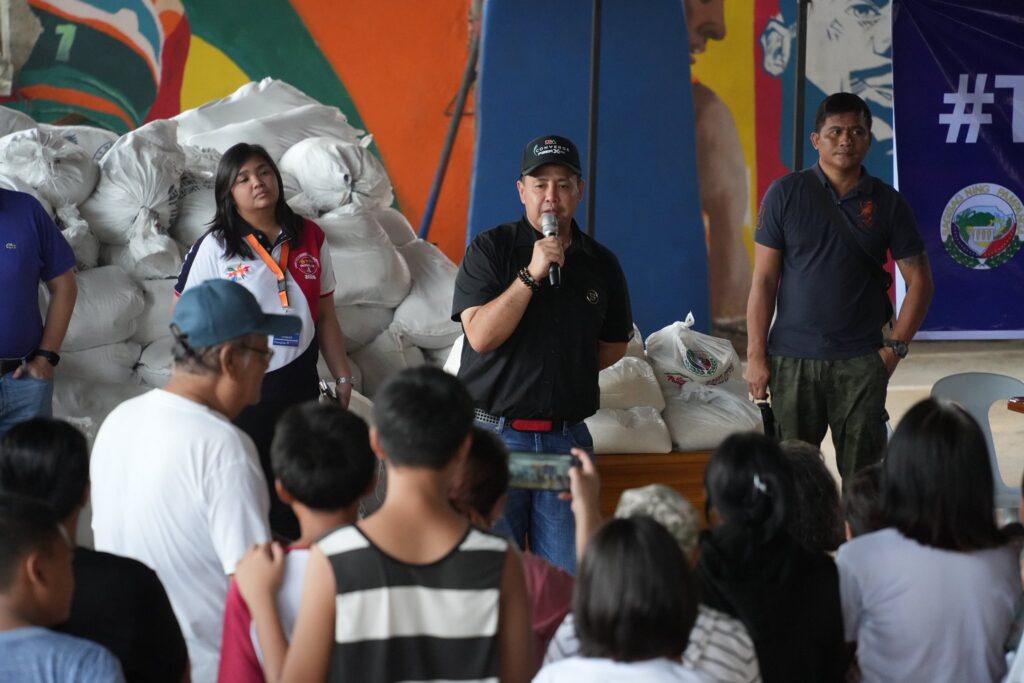
Under the guidance of Vice Gov. Delta Pineda, their golden hearts shone brighter than ever. Every handshake, every meal pack, every smile they shared became a symbol of how far they had come—from victims to heroes, from ash to aid. Their story is a reminder that even when the ground crumbles, kindness can rebuild what concrete cannot.
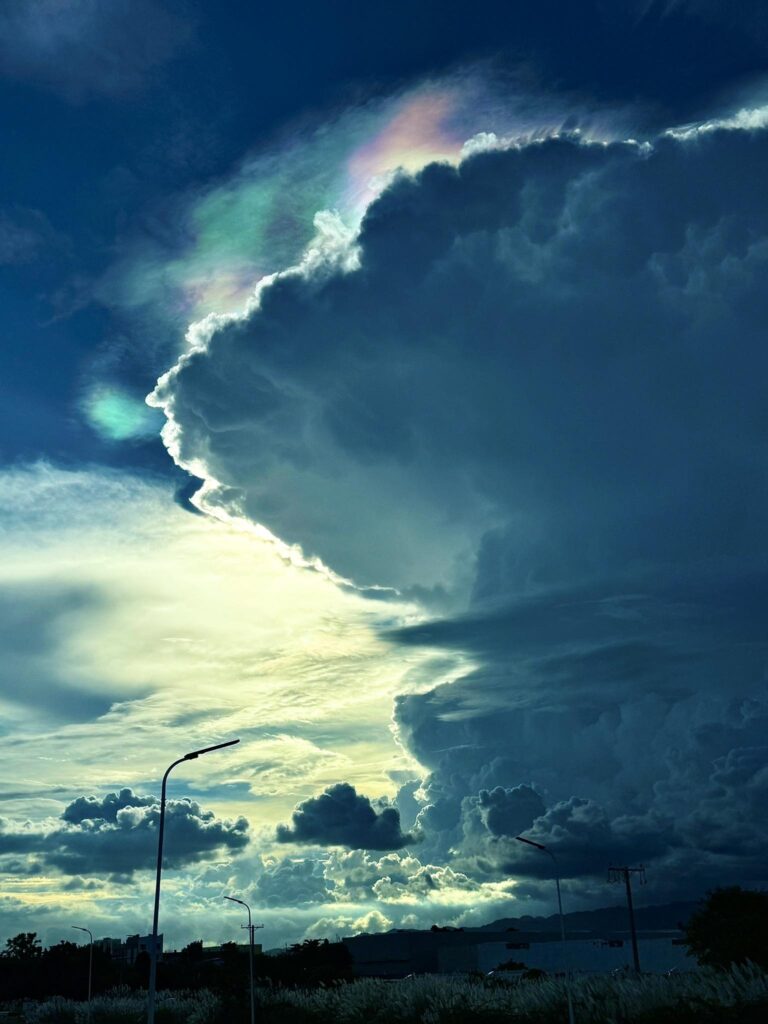
Reflections from the Road
On our way back to the city, the sky over Mandaue burst into color. Iridescent clouds shimmered like oil on water, an unearthly sight after days of dust and grief. Everyone stopped to look. For a brief moment, silence returned, not the silence of fear, but of awe. It was as if the heavens themselves were blessing those who endured.


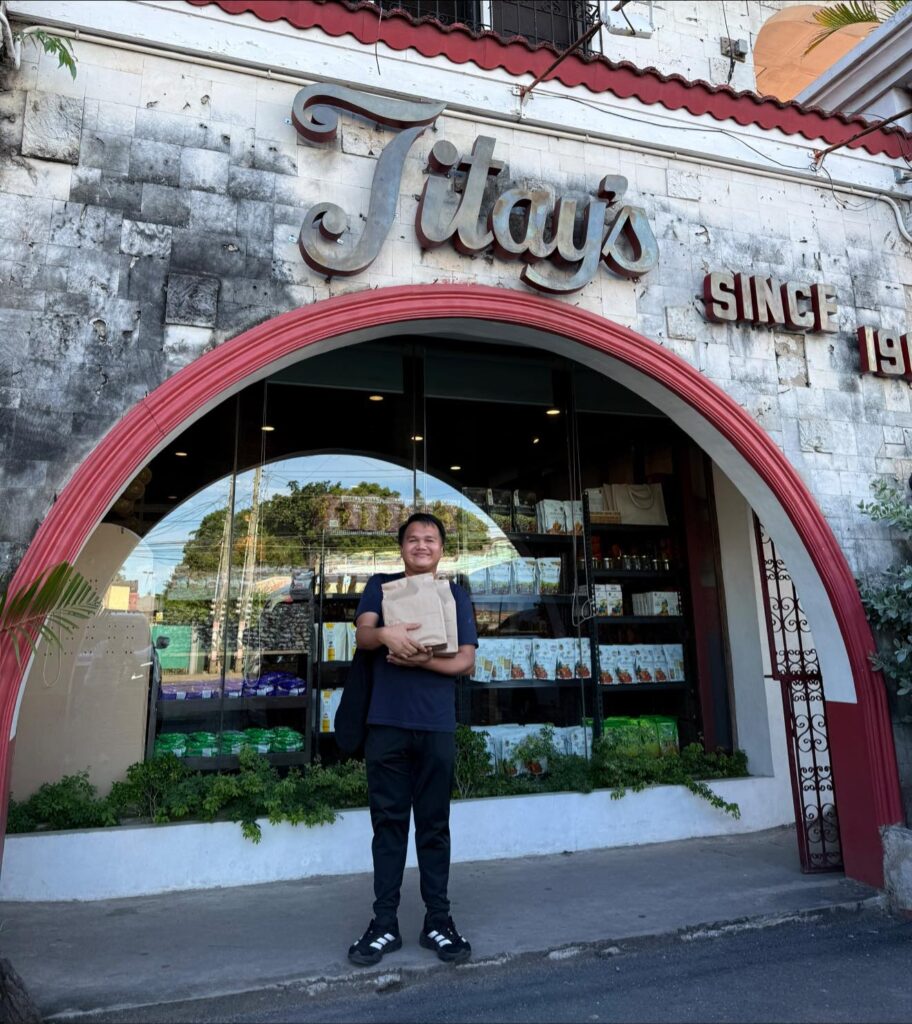
Before leaving Cebu, we stopped at Taboan Market. The smell of chorizo de Cebu and danggit filled the air, rich and comforting. I thought of the Kapampangans, of how their pain became purpose, of how kindness can travel farther than any relief truck.
At Titay’s in Liloan, I bit into a crisp rosquillos cookie and smiled. The taste was simple, sweet, and deeply human. It was the taste of resilience.
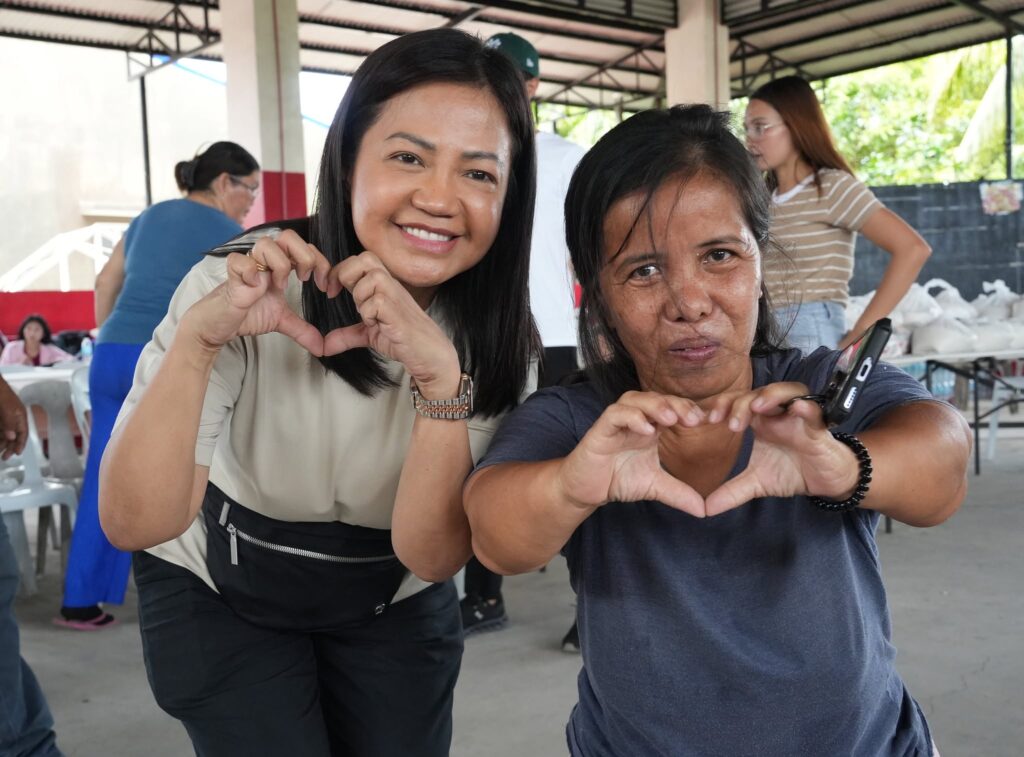
Epilogue: The Pulse That Never Falters
Every disaster leaves a scar, but it also leaves a lesson. From the ashes of Pinatubo to the fractured soil of Cebu, the Kapampangans have proven that the strongest structures are not built from stone or steel. They are built from courage, empathy, and the will to rise again.
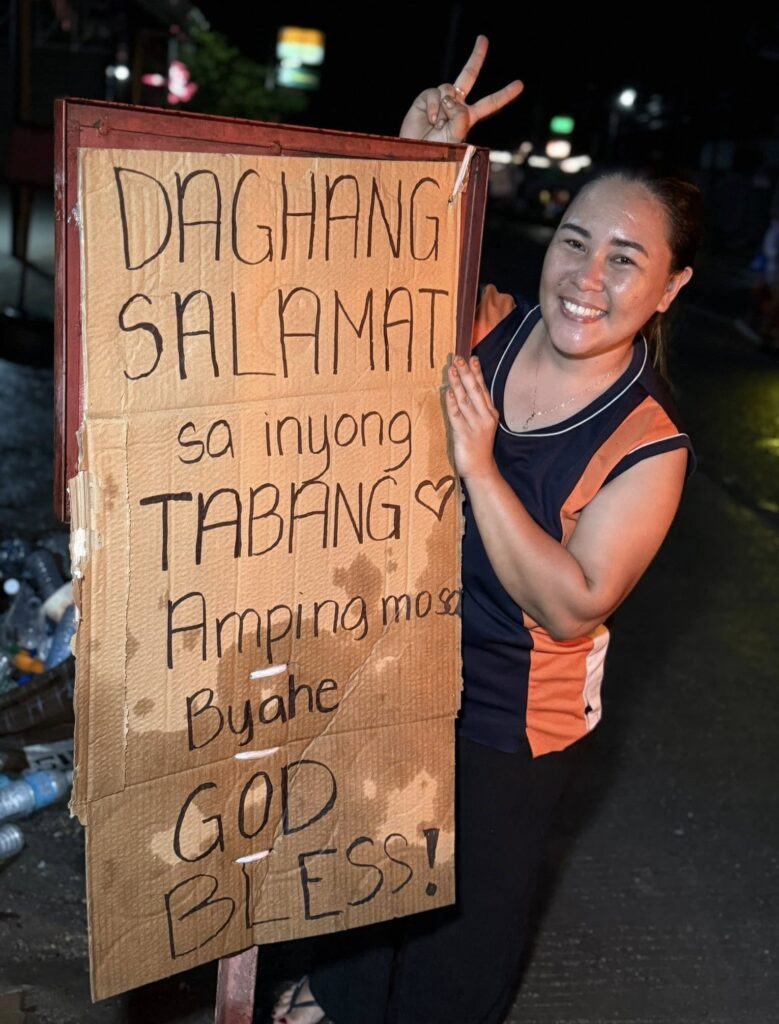
Their story is not just one of survival. It is a story of rebirth, of hearts that once broke in tragedy now glowing with purpose. When the earth trembles and the sky darkens, they are the light that endures. They are proof that the heart of a Kapampangan, once forged in fire and ash, will always rise…not only for themselves, but for the nation they love.


